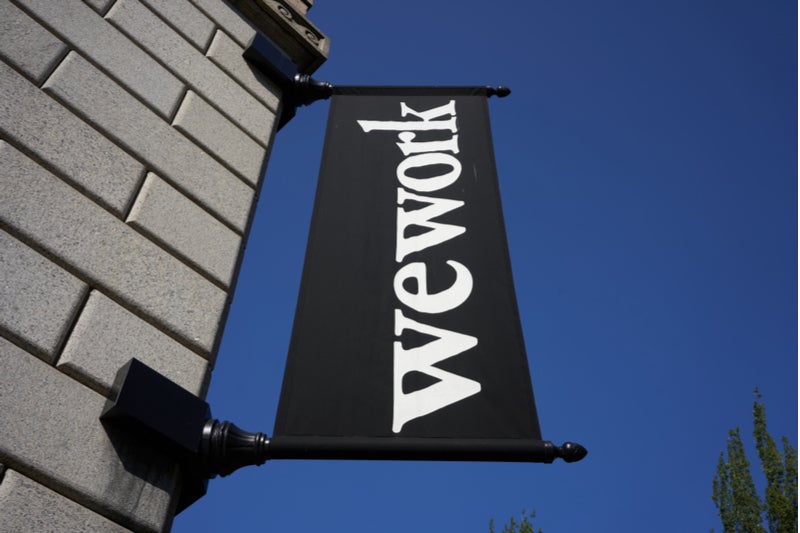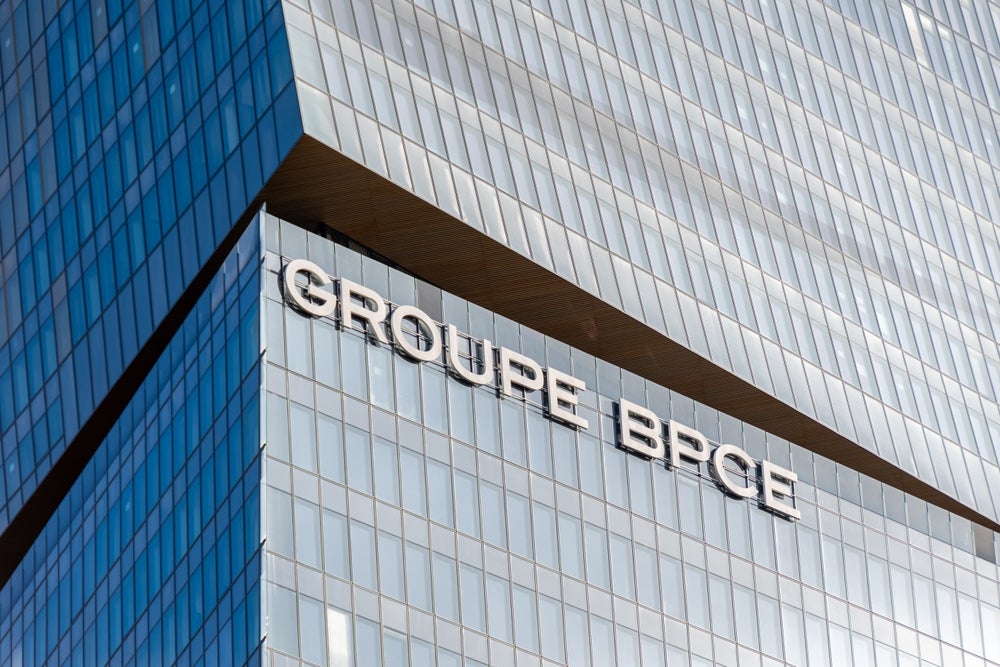
Operators in the shared workspace leasing sector in the US saw business fall sharply in Q4 2019, largely on the back of industry leaders curtailing their growth targets last year.
The benefit of the shared workspace model is that it allows companies to operate on shorter leases, leaving them with more options should market conditions change.
Key among the sector leaders to take a hit was WeWork, the New York-based commercial real estate company, after shelving an IPO in September last year.
As part of a rescue package, SoftBank, a Japanese-based company, took over 80% control in October with a $5 billion financing package.
Leasing by shared workspace operators declined to 1 million sq. ft. in Q4 from 4 million sq. ft. in Q3, according to US-based CBRE data.
Other big players in the market also curbed their Q4 growth.
How well do you really know your competitors?
Access the most comprehensive Company Profiles on the market, powered by GlobalData. Save hours of research. Gain competitive edge.

Thank you!
Your download email will arrive shortly
Not ready to buy yet? Download a free sample
We are confident about the unique quality of our Company Profiles. However, we want you to make the most beneficial decision for your business, so we offer a free sample that you can download by submitting the below form
By GlobalDataSpaces, WeWork, Industrious and Knotel remained the largest lessees of new space in Q4, but all except Spaces leased significantly less space than their quarterly totals over the past year, according to CBRE.
WeWork’s leasing activity fell more than 90% from the previous quarter. This represents a significant drop for an entity that has leased 2 million sq. ft. per quarter over the past two years.
CBRE said it found evidence lessors are continuing to enter the market.







